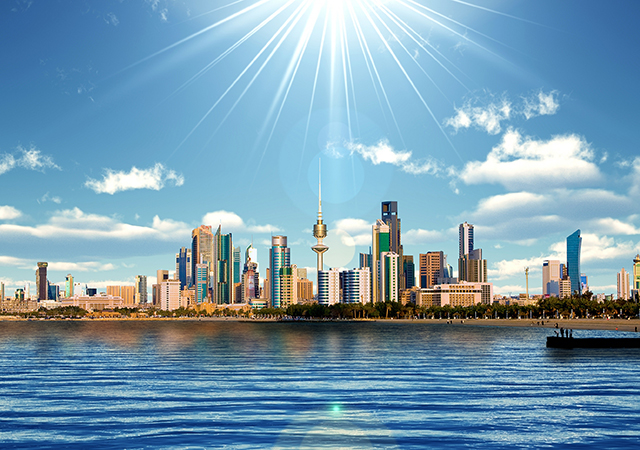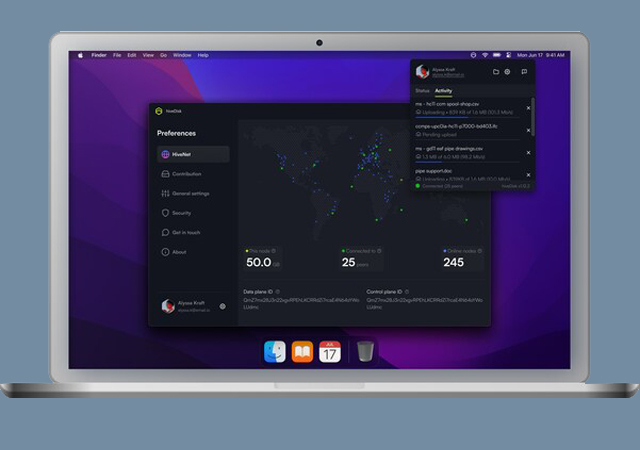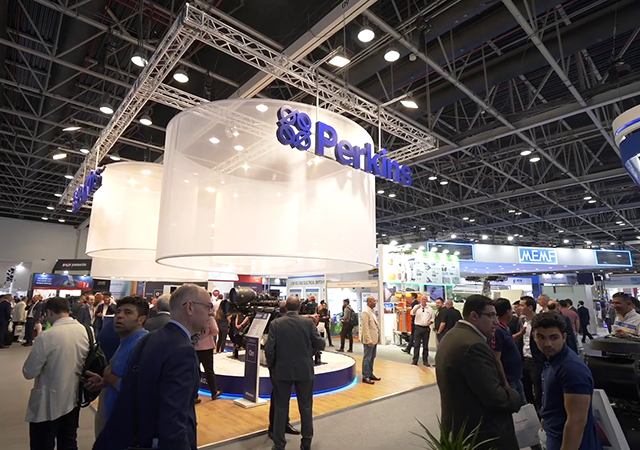
 Dubal and Emal employees stand shoulder to shoulder on the threshold of a new chapter
Dubal and Emal employees stand shoulder to shoulder on the threshold of a new chapter
The status of the Middle East aluminium industry, already a rapidly growing hub in the global sector, is set to be unequivocally strengthened through the advent in early 2014 of a new major player.
The latest addition to the leaders’ pack will be Emirates Global Aluminium (EGA), a jointly-held, equal-ownership company whose formation was announced mid-2013 by shareholders Mubadala Development Company of Abu Dhabi and Investment Corporation of Dubai; and into which Dubai Aluminium (Dubal) and Emirates Aluminium (Emal) will be integrated as operating subsidiaries once EGA is incorporated, according to a spokesperson for Dubal.
Several facts underscore EGA’s leadership assertions. For starters, the combined annual production of Dubal and Emal (2013 sales: 1.865 million tonnes) will account for 50 per cent of the total primary aluminium production within the Gulf Cooperation Council (GCC) region and make EGA the largest primary aluminium producer in the Middle East. Second, EGA’s primary aluminium production capacity is set to reach 2.4 million tonnes per annum (tpa) by mid-2014, such that the company is destined to become the fifth largest aluminium producer in the world. Moreover, the UAE will be the world’s fourth largest primary aluminium producing country.
Then there’s the proven Dubal-Emal track record for exceptional and even benchmark performances in environment, health and safety matters, not to mention the premium purity, high quality products produced by both smelter complexes and the advanced best-in-class reduction cell technologies developed in-house at Dubal and deployed at Emal, the spokesperson commented.
“The latter attributes underscore EGA’s on-going commitment to the legacy of sustainability already entrenched at Dubal and Emal – specifically a determination to protect the environment, invest in the wellbeing and development of employees, contribute meaningfully to the community and deliver a lasting contribution to the UAE and global economies.
“Indeed, both Dubal and Emal are renowned for maximising the health and safety of its people and the surrounding community, reducing operational environmental impact and investing in social and economic development,” the spokesperson said.
DUBAL 35 THIS YEAR
 |
|
An Emal product (sow) |
With its first metal having been tapped in 1979, Dubal celebrates its 35th anniversary in 2014. Currently ranked as one of the world’s largest single-site primary aluminium smelters, the Dubal complex in Jebel Ali, Dubai, comprises a one million tpa smelter, a 2,350 MW power station (at 30 deg C), a large carbon plant, extensive casting operations (more than 1.2 million tpa), a water desalination plant, a dock and other facilities.
A quality-focused, customer-centred and innovation-driven organisation, Dubal holds ISO 9001, ISO 14001, ISO/TS 16949, ISO/IEC 20000-1, ISO/IEC 27001, ISO 29990, ISO 50001 and OHSAS 18001 certification.
A relatively new smelter development, Emal is designed to become one of the world’s largest single-site primary aluminium smelters. The Emal complex at Al Taweelah, Abu Dhabi, has been built in two phases. Phase I, which was fully commissioned by the end of 2010, is the world’s largest greenfield smelter development and currently has a smelter capacity of 800,000 tpa. Commissioning of Phase II, which comprises the world’s longest single potline (1.7 km long) and a design capacity of 520,000 tpa, began mid-September 2013. Full ramp-up is scheduled for completion by end-2014. Once fully operational, Emal will have an annual hot metal production capacity of 1.3 million tpa. Emal holds ISO 9001 accreditation and Nebosh certification in Occupational Health and Safety.
COMBINED PORTFOLIO OF CLASS
The combined Dubal-Emal portfolio comprises high quality aluminium products made in four main forms: foundry alloy (automotive applications); billet (construction, industrial, transportation and automotive forging); high purity aluminium (electronics and aerospace); and sheet ingot (packaging, lithographic sheets and the automotive industry).
Busbars and anode bars are also made for the electrolytic process used to produce primary aluminium from alumina ore. Over 350 customers are served in at least 64 countries, predominantly in Asia, Europe, the Mena region and the Americas.
 |
|
Dubal foundry alloy properzi ingots |
Dubal’s in-house developed, proprietary reduction cell technologies, DX Technology and DX+ Technology (operating at 385 kA and 450 kA respectively), currently rank among the best reduction technologies available. DX Technology has already been installed at industrial scale at Dubal (40 cells) and Emal Phase I (756 cells); while DX+ Technology has been installed at Emal Phase II (444 cells). DX+ Technology has also been selected by Aluminium Bahrain (Alba) for its Line 6 Bankable Feasibility study.
While the formation of EGA will undeniably mark a major development for the global aluminium industry, it will also mark a historic milestone in the UAE. This will be the first time in the country’s 42-year history that two Emirati government entities from two different emirates will come together to build an
Emirati company.
“It’s a development that will not only build on the solid foundations laid by Dubal and Emal, but also reflect the UAE’s long-term industrial strategy which aims to diversify its economy away from dependence on its oil-rich reserves while stimulating job creation. At the outset, EGA will provide direct employment to approximately 7,200 people, with the creation of a further 2,000 direct employment opportunities projected by 2020,” the spokesperson said.
The UAE-based EGA will also own Guinea Alumina Corporation (GAC), a bauxite mining/alumina refinery development project. Through the collaborative efforts of Mubadala and Dubal, preliminary studies are currently underway to determine the feasibility of constructing an alumina refinery in the UAE. This, together with possible expansions to the Dubal and Emal facilities, will contribute to EGA’s local growth objectives. Other upstream opportunities will be investigated in Africa, Asia and South America, supporting EGA’s plans for international expansion.















